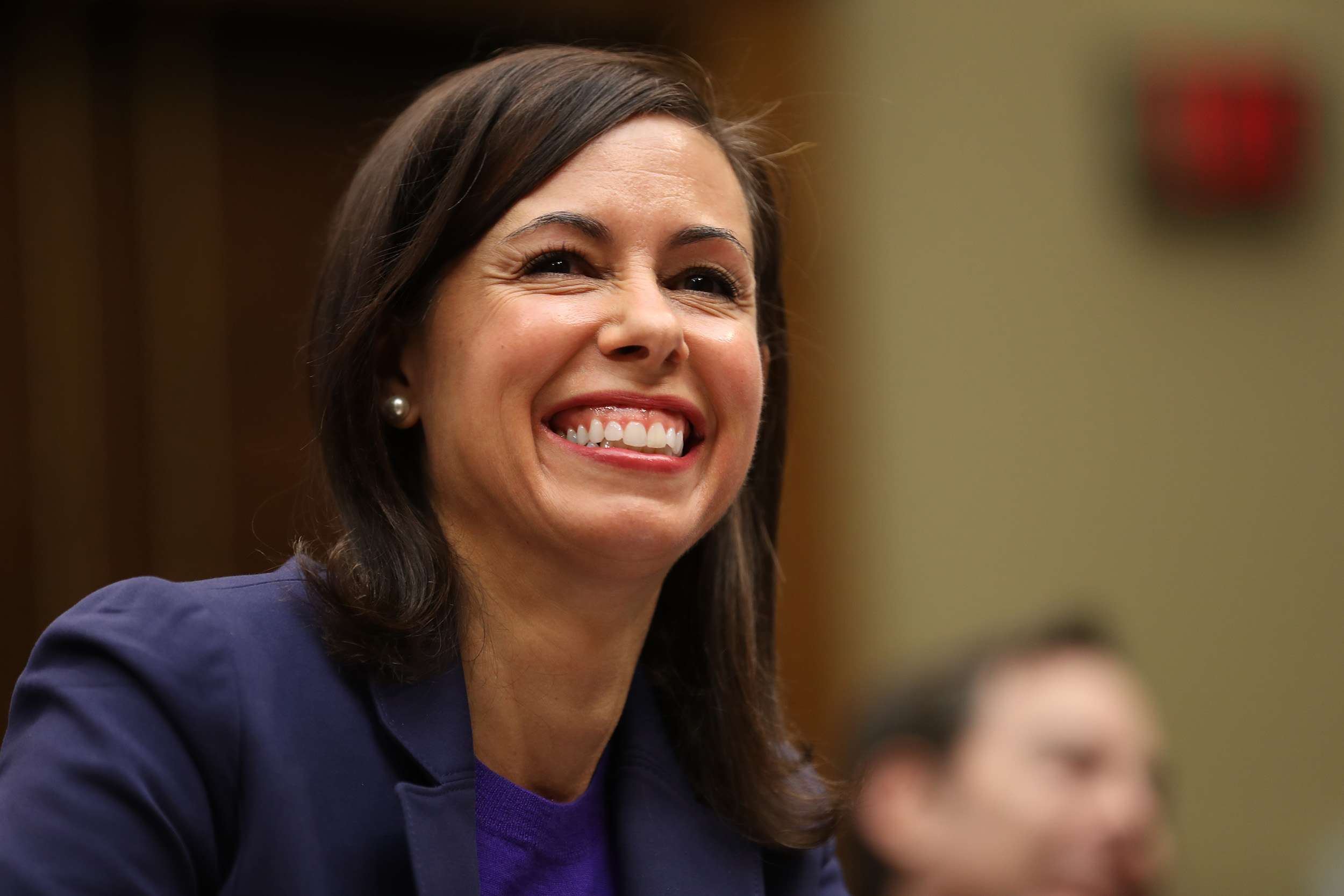FCC
FCC officially votes to reinstate net neutrality
The Federal Communications Commission made its official vote today to reinstate net neutrality, passing an order entitled Safeguarding and Securing the Open Internet. This restores, with some changes and protections, the rules passed back in 2015 allowing the FCC to enforce basic rules of connectivity and fairness in broadband.
Since the FCC announced that it would be pursuing this as a policy goal last September, it was more or less a fait accompli, since there was no real reason why the Commission, split 3:2 in favor of the Democrats, would vote against it. So today, though it’s important, is just another milestone on the road forward.
The usual old canards have been trotted out, same as they were ten years ago: heavy handed regulation, rate control, smothering innovation… general arguments that never really had much weight. As Chairwoman Jessica Rosenworcel points out, the FCC already exerts rules with this authority (Title II, for those of you who’ve been with us from the start) in other areas and they aren’t overcome with draconian rules and limits.
Instead, she points out senseless inconsistencies with the last few years of operation. For instance, the FCC last year stripped some wireless providers affiliated with Chinese state actors of their ability to operate in the US.
“But it is important to understand that our actions did not extend to broadband, thanks to the work of the last FCC,” she said in remarks at the meeting. “Our national security authorities are on record detailing how state-affiliated Chinese carriers and others have exploited insecure internet routing protocols to hijack our internet traffic. When we were asked to do something about it, thanks to the last FCC stepping out of the broadband fray, the best we could offer was a forum in the Commission Meeting Room. I don’t think that deters our adversaries.”
It’s not just the US playing cloak and dagger with China, though. Domestic issues exist as well for them to solve: you may have noticed that the FCC recently redefined broadband as being 100 megabits up and 25 down. I got an email from Xfinity the morning that change took effect, telling me my speeds had been magically updated at no cost to me. Generous, right? Of course, if the FCC hadn’t done that, I would have just paid more and more for the lowest speed they felt they could get away with.

WASHINGTON, DC – DECEMBER 05: Federal Communication Commission Commissioner Jessica Rosenworcel testifies before the House Energy and Commerce Committee’s Communications and Technology Subcommittee in the Rayburn House Office Building.
Same with zero rating, where an internet provider doesn’t count certain services, like a streaming platform they own or have a partnership with, towards your bandwidth cap. If these aren’t nipped in the bud you end up with a bunch of awful bundles between sweetheart corporations — and with a huge proportion of TV now going over streaming, that’s more important than ever on home broadband. What’s standing between you and a Cox Gigabit Plus exclusive on the next season of Bridgerton? The FCC, now.
Rosenworcel summed it up best: “I think in a modern digital economy we should have a national net neutrality policy and make clear the Nation’s expert on communications has the ability to act when it comes to broadband.” That’s really all there is to it.
Of course, as I pointed out recently, the new net neutrality rules are far from secure. They will need to weather challenges in court, and depending on the outcome of the election they could simply be rolled back or legislated away. On the other hand, under a friendly administration, these rules could be enshrined in law during the next term.
Rosenworcel specifically called out California’s own state net neutrality rules as an example of what happens if federal authorities can’t be relied on. Though she is clearly grateful for California’s legislative stand, there may be matters to work out where the two rules contradict one another. But establishing a national rule as a base level for protections, as we do in so many other industries, seems like the bare minimum.
It will be some time before the rules take effect, as they have to be published in the Federal Register first and then there is another waiting period. But the truth is you probably won’t even notice when they do. The companies that would have, and occasionally did, attempt to interfere with broadband traffic soon found that it wasn’t worth the risk, due to consumer backlash and eventually federal protections. They’ve been more or less on their best behavior, knowing that this rule was likely coming — plus it gave them the excuse to say, “anti-consumer practices, what anti-consumer practices? We haven’t done anything like that for years!” Don’t believe them.
If you’re still curious about what the new rule concerns, there’s a nice informative page here (I learned things) and a video where the Chairwoman breaks it down.











